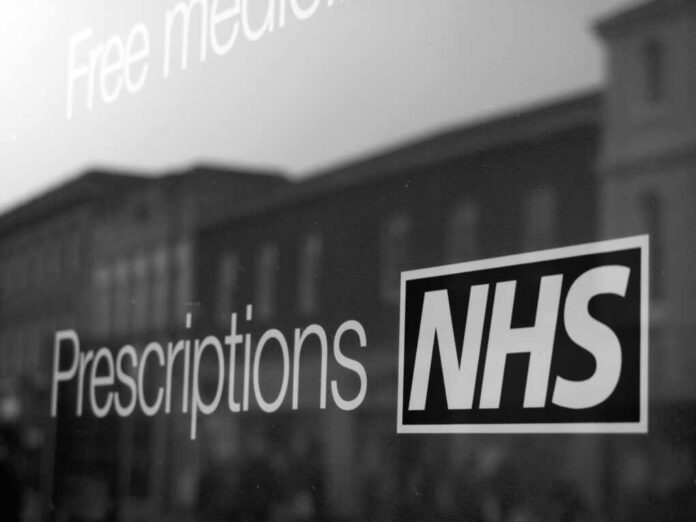
England moved in the right direction on Tuesday when its National Health Service (NHS) announced that it would be permanently banning the use of puberty blockers for children diagnosed with gender dysphoria.
The NHS determined that there was insufficient evidence to prove that the drugs were safe or effective, declaring: “We have concluded that there is not enough evidence to support the safety or clinical effectiveness of puberty suppressing hormones to make the treatment routinely available at this time.”
Every single elected member and every single journalist who has pushed gender ideology over the years should resign from public life now, you were complicit… https://t.co/FGmswy9ieg
— Martyn_Rolly (@martynrolly) March 12, 2024
The study was conducted after there was a dramatic increase in children being referred to the Gender Identity Development Service. In 2012, there were 250 children referred. In 2022, that number spiked up to over 5,000 as it became popular to question one’s gender identity.
Last June, the NHS concluded that there was a “significant correlation” between gender dysphoria and other developmental and mental health issues.
“A significant proportion of children and young people who are concerned about, or distressed by, issues of gender incongruence experience coexisting mental health, neuro-developmental and/or personal, family or social complexities in their lives,” according to the NHS. “The relationship between these presentations and gender incongruence may not be readily apparent and will often require careful exploration.”
Research shows that children diagnosed with gender dysphoria are also more likely to suffer from depression, anxiety and suicidal ideation.
Taking puberty blockers can result in mental health risks and changes in bone density. Puberty blockers suppress the hormones needed for puberty to begin for children who question their gender identity.
According to the BBC, there are currently less than 100 children in England who are currently prescribed puberty blockers. Those individuals will continue receiving treatment.
The only way children will have access to puberty blockers is if they are participating in a clinical trial.
Victoria Atkins, the U.K. Secretary of State for Health and Social Care, approved the decision, stating that decisions affecting children should be evidence-based.
Care that affects our children's health and wellbeing so profoundly must always be based on clinical evidence.
I welcome NHS England's decision today to end the routine prescription of puberty blockers to children. https://t.co/YOXqwsiDjG
— Victoria Atkins (@VictoriaAtkins) March 12, 2024
Puberty blockers have been a hot topic in the U.S., with many opponents looking to get them banned. So far, there are at least 22 states that restrict so-called “gender-affirming care,” according to the Human Rights Campaign.

























